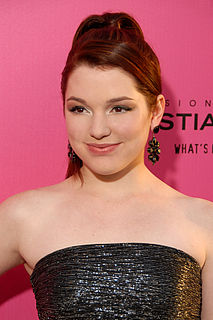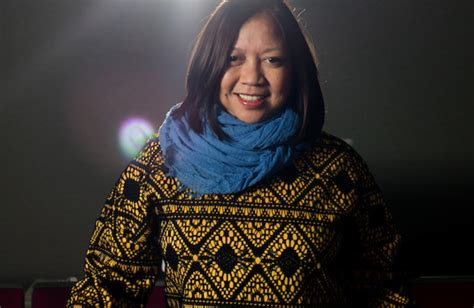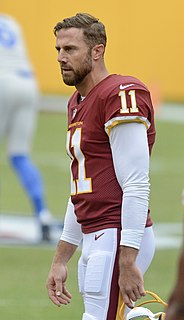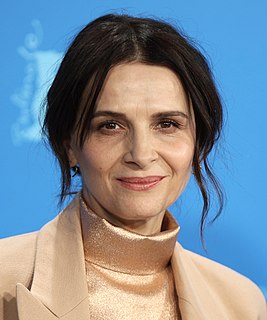A Quote by Ron Haviv
Why we started the agency to begin with is to tell stories, and the tools that we're using are constantly changing. Every tool will be right for a different sort of situation, but in the end, it's going to be about your view, your voice, and how you put that all together.
Related Quotes
When you are writing a spoken word poem, the tools you're working with are your voice, your body, how it's going to sound to someone when you're saying it out loud. Which is different from when you're writing it on the page. That toolbox becomes how does this look visually on the page, how does this read among pages, how is this in relation to poems that are before it or after it. I don't think one is better or more successful than the other. You've just gotta think about "what are the tools I'm using, and how are they most effective in this form?"
This is going to sound cheesy, but with acting there are so many tools. When you're on camera, you're using all of it. You're using the voice, you're using your body, you're using wardrobe, all of it, but it's funny, once you take all of those things away, you realize how much you rely on the physicality.
We're so lucky to be living in this day and age when technology - the tools to tell our stories - is so accessible. However, content still reigns supreme. So find your voice, your unique voice, it's there inside of you. Find it, define it, write it down on paper, hone it, and clarify it. Everything else is just technology which will help you tell your story.
The word mantra comes from two Sanskrit words man, ("to think") and tra ("tool'). So the literal translation is "a tool of thought." And that's how mantras are used in Buddhist and Hindu practices, as tools that clear your mind of distractions. Because when you focus on repeating that mantra over and over again, soon the noise will die down and all you will hear is your inner voice.
I believe that you become yourself every single day of your life through your choices and how you think. And that's constantly changing every day... You are constantly changing, evolving through your experiences, how you interpret your experiences, and how you choose to do things in the future based on those experiences... Being yourself means you think with your own mind, and you make your own choices and that makes you you.
Cover your glass in France or Germany --even worse, in England - and in the voice of someone who has personally affronted, your host will ask why you're not drinking. 'Oh, I just don't feel like it this morning.' 'Why not?' 'I guess I'm not in the mood?' 'Well, this'll put you in the mood. Here. Drink up.' 'No, really, I'm OK.' 'Just taste it.' 'Actually, I'm sort of...well, I sort of have a problem with it.' 'Then how about half a glass?
You do not have to have money to attract money, but you cannot feel poor and attract money. The key is, you have to find ways of improving the way you feel from right where you stand before things can begin to change: By softening your attention to the things that are going wrong, and by beginning to tell stories that lean more in the direction of what you want instead of in the direction of what you have got, your vibration will shift; your point of attraction will shift - and you will get different results.
You're frustrated when things aren't going right. When you're out there, you have your piece of it, your view. It isn't until usually the next day when you're watching the film that you get to put all the pieces together: 'Oh, this is what happened on that play'; 'This is why I did that.' You don't totally know that game day.
Courage is about learning how to function despite the fear, to put aside your instincts to run or give in completely to the anger born from fear. Courage is about using your brain and your heart when every cell of your body is screaming at your to fight or flee - and then following through on what you believe is the right thing to do.
The right procedure: You begin at the wrong end if you first dispute about your election. Prove your conversion, and then never doubt your election. If you cannot yet prove it, set upon a present and thorough turning. Whatever purposes be, which are secret, I am sure His promises are plain. How desperately do rebels argue! "If I am elected I shall be saved, do what I will. If not, I shall be damned, do what I can." Perverse sinner, will you begin where you should end?

































